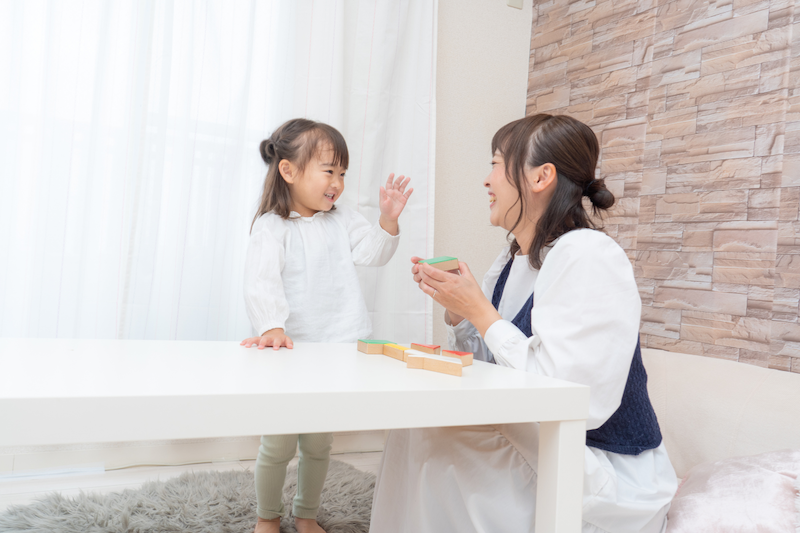Should I Correct My Toddler’s Pronunciation?
Jennifer Shonkoff ・ 2025-07-10 ・ parentdata.org
Jennifer Shonkoff
Jennifer Shonkoff
Does it matter how well a toddler can pronounce and remember words as they’re learning to talk? If my 2-year-old calls bananas “babas” or mispronounces something, should I correct her … or just enjoy how cute it is?
— Big Kid Baby Talk
Well, you’re definitely going to miss the days when she starts saying “bananas” instead of “babas,” so you should absolutely enjoy how cute it is at this age!

But to answer your original question, I first want to talk about memory. Working memory is how we retain information while we move throughout a task or activity, and we eventually store the highlights into our short- and long-term memories. When it comes to language emergence and learning, we are relying on these memory systems while simultaneously building connections in the language center of our brain. The language center houses our mental lexicon, or our vocabulary storage. Memory helps us hold onto these words like flash cards, but the lexicon is where they are given meaning, stored, and organized.
Additionally, kids need consistent exposure to spoken language while interacting with the world around them in order to learn that these words correspond to real ideas, like foods, actions, and emotions. Language concepts are learned best when engaged in interactions that are joyful, hands-on, emotionally meaningful, regulating, and occurring within the context of a trusting relationship — you as their parent, another caregiver, teachers, and friends. By 24 months, monolingual English-speaking children will be able to recognize around 1,000 words but might only say approximately sixty words on average.
At your daughter’s age, children have usually learned how to articulate vowel sounds and seven different consonants, which they put together to say words. At this point, their speech is becoming easier to understand, especially for people who know them well, and they should be starting to combine two words into short phrases, like “Hi, Mama!” and “want more.” These first words are usually one or two syllables long, so words like “banana,” which has three syllables, will be simplified to two syllables. Hence, why she calls it “baba.” (Other toddlers often leave off that initial unstressed syllable when labeling a “nana.”)
In terms of whether or not you should abandon her original label for bananas, know that she will be naturally exposed to the “right” word through interacting with various people every day, like extended family, her friends’ parents, and restaurant staff. If you’re looking to proactively make a change at home, you can always combine imitation with verbal modeling. So, when she asks for “baba” or sees one at the grocery store and points it out, you can say “Yes, baba! You see a banana” or “Baba? You want a banana?” This way, you’re using the word she has stored in her lexicon, but you’re also increasing her vocabulary and cognitive flexibility by modeling the pronunciation of the word we all say.
Community Guidelines